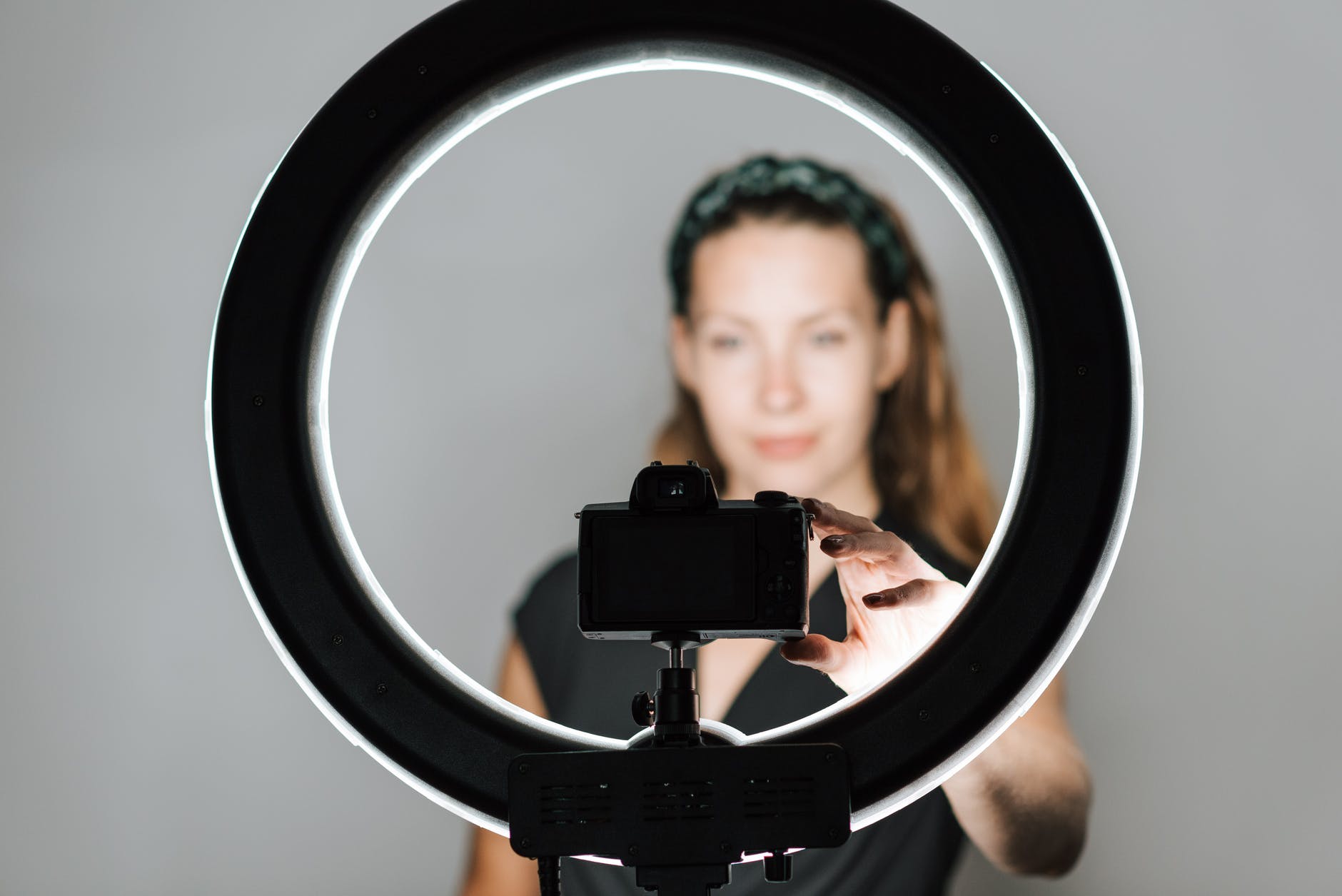Are Most Auditions Self-Tapes Now?
(By Jim Webb)
 (Photo: Anete Lusina | Pexels)
(Photo: Anete Lusina | Pexels)
The landscape of casting and auditions has dramatically shifted over the past decade, with technology and evolving industry practices reshaping how actors are selected for roles. One of the most significant changes has been the rise of self-tapes—pre-recorded audition videos that actors submit remotely. So, the question many actors are asking today is: Are most auditions self-tapes now?
1. The Rise of Self-Tapes
Self-tapes have become a major part of the audition process in recent years. With advancements in technology, actors now have the ability to record, edit, and submit their auditions from the comfort of their own homes. This shift was accelerated by the COVID-19 pandemic, which made in-person auditions difficult, if not impossible, for a time. Casting directors quickly turned to self-tapes as a way to continue the audition process safely and efficiently.
Even after the pandemic, the self-tape format has remained a popular and practical option for casting calls. The convenience and accessibility of self-tapes have made them an integral part of the casting process in many industries, including film, television, theater, and commercials.
2. Why Are Self-Tapes So Popular?
Self-tapes offer a number of benefits that make them an attractive option for both actors and casting professionals:
- Convenience: Self-tapes allow actors to audition from anywhere, at any time. This flexibility means that actors no longer need to travel to in-person auditions, which can be costly and time-consuming. It also allows actors to submit auditions for projects across the country, or even internationally, without leaving home.
- More Time to Prepare: With self-tapes, actors have the luxury of time to rehearse, refine, and perfect their performance before recording. Unlike in-person auditions, where time constraints can be stressful, self-tapes allow for multiple takes and careful editing.
- Casting Flexibility: For casting directors, self-tapes open up a wider pool of talent. They can review auditions from actors across the globe without worrying about scheduling conflicts or geographical limitations. Additionally, self-tapes allow casting professionals to review performances at their convenience, rather than being restricted to a set audition day.
- Cost-Effectiveness: Self-tapes reduce the need for travel, venue rental, and other logistics associated with in-person auditions. This is especially beneficial for independent productions or casting calls with a limited budget.
3. Are Self-Tapes Now the Standard?
While in-person auditions are still used in certain cases—particularly for high-profile projects, specific roles, or situations where an actor’s physical presence is crucial—self-tapes have become the default for many auditions. For example, in the film and TV industries, it’s not uncommon for actors to be asked to submit a self-tape even if they’re local to the casting area.
However, there are still instances where in-person auditions are necessary. For example, live theater auditions, some commercial casting calls, and high-stakes roles that require a live interaction may still take place in person. But overall, the scale is tipping toward self-tapes being the norm.
Casting calls for self-tapes can be found on major casting platforms like Actors Access, Backstage, and Casting Networks, and many agencies are now equipped to assist actors in creating professional-quality self-tapes.
4. What Are the Challenges of Self-Tapes?
While self-tapes offer many advantages, there are also challenges that actors must face in this format:
- Technical Issues: Not every actor has access to professional recording equipment or an ideal space for filming. Poor lighting, sound issues, or an unprofessional background can make even the best performance look subpar. For this reason, actors must invest time and effort into creating high-quality self-tapes.
- Pressure to Perfect: With the ability to record multiple takes, there is pressure on actors to make their performance flawless. While this can be a benefit in terms of getting the best possible audition, it can also lead to overthinking and self-doubt. Some actors may find it difficult to strike the right balance between preparation and natural performance.
- Lack of Immediate Feedback: In an in-person audition, actors receive instant feedback from the casting director, which can help them adjust their performance in real-time. With self-tapes, that feedback isn’t available until much later in the process, leaving actors unsure of how they came across.
5. What Does This Mean for Actors?
The shift toward self-tapes means that actors must become comfortable with self-recording techniques and learning how to create professional-quality auditions without the aid of a casting director. Here are a few things actors should consider:
- Invest in Equipment: While you don’t need to spend a fortune, having a good camera, microphone, and lighting setup can make a huge difference in the quality of your self-tapes. Many actors use their smartphones to record, but ensuring good lighting and clear audio is essential.
- Learn to Edit: Simple editing skills, like cutting between takes, adjusting sound levels, and ensuring the video is properly framed, can greatly enhance your self-tape. There are many free and easy-to-use editing software programs that can help.
- Master Self-Direction: Without the casting director in the room, actors must learn to direct themselves. This includes timing, performance style, and making sure the tape meets all submission guidelines.
- Don’t Get Discouraged: Even though self-tapes have become the norm, remember that the quality of your performance is what truly matters. Keep practicing, and use each audition as an opportunity to improve.
Yes, most auditions are now self-tapes, and this trend is likely to continue as technology and casting practices evolve. While self-tapes provide many advantages in terms of convenience and accessibility, actors must adapt to the challenges of creating high-quality submissions on their own. By embracing self-taping, actors can expand their reach, refine their skills, and continue to showcase their talent in a rapidly changing industry.



